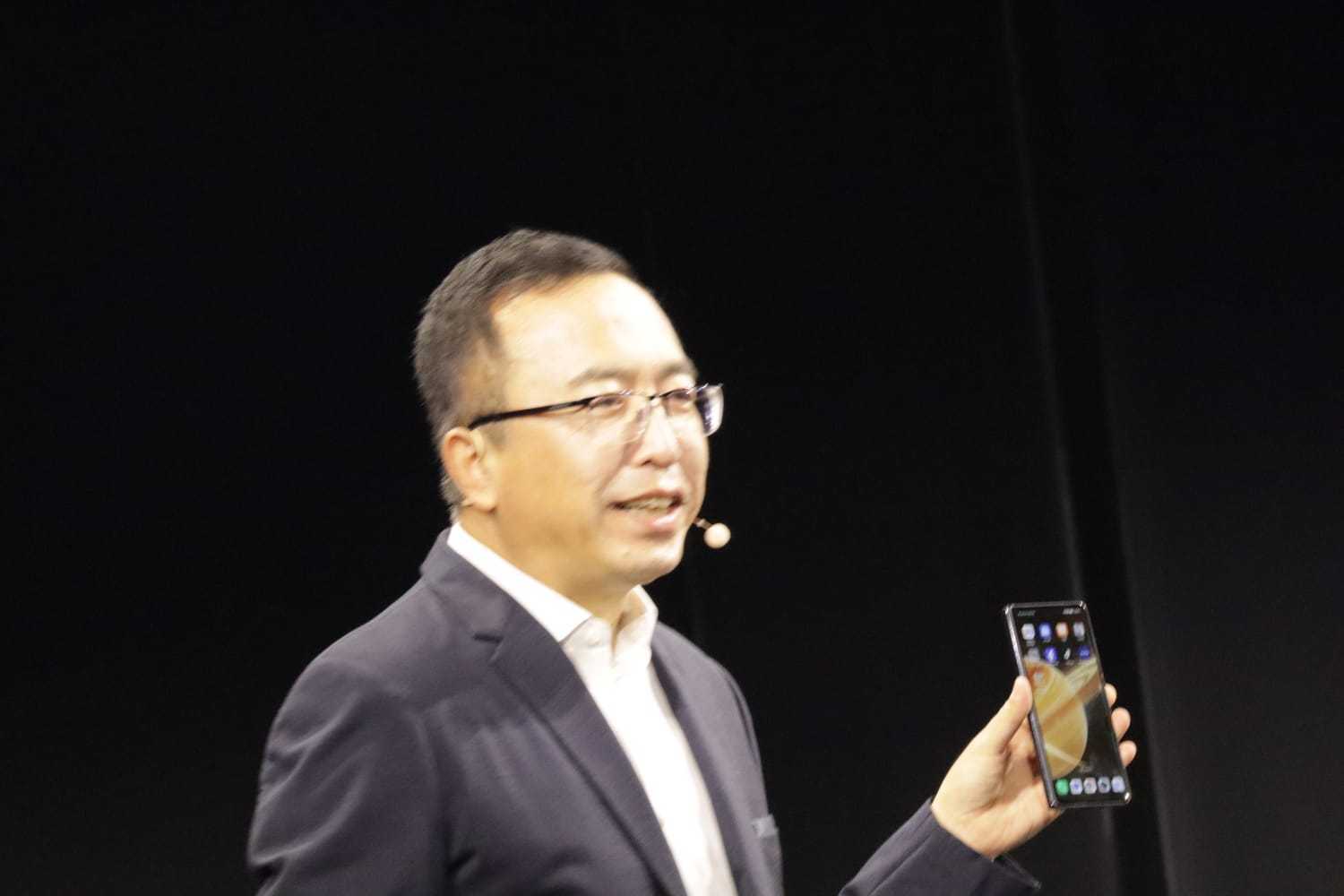Hardware
5 days that shook the
smartphone world
The launch of three major new devices from Apple, Huawei and Honor saw one brand emerge as a big winner, writes ARTHUR GOLDSTUCK.
The challenger smartphone brand Honor emerged as the big winner in a dramatic five day period that is set to transform this highly competitive market.
Honor, spun off from Huawei after the 2019 US ban on the Chinese giant using Google services, took the annual IFA consumer technology expo In Berlin by storm last weekend. It launched a new foldable phone, the Magic V3, that extended a technology lead it had already established with the previous version of the device.
The timing was impeccable, the launch of the V3 came days after new industry data showed that the V2 had become the biggest-selling foldable phone in Western Europe.
Honor doubled up its advantage by using IFA to announce wide ranging partnerships with global AI leaders Google and Microsoft in using their AI platforms on its smartphones and laptops.
These announcements came just hours before Apple launched the new iPhone 16 range on Monday, declaring that its vision of AI, which it calls Apple Intelligence, would transform the smartphone experience. There was only one problem: the iPhone 16, due to be released this Friday (20 September), will ship without the promised AI capabilities.
Apple said that these features would be part of the new version of its mobile operating system, iOS 18.1, which will only be released during October. The Apple share price fell marginally as the launch ended, summing up the underwhelming impact the event had on the market. The share has bumped up slightly since then. However, the mis-step from Apple, which is now nine months behind archrival Samsung in bringing AI smartphones to market, highlighted the perception that it was not invincible.
In the key Chinese market, where the iPhone was traditionally one of the strongest brands, it is unlikely to recover soon after falling from 3rd to 6th in market share there. Not only was its AI launch a non-event, but the new iPhones will need to incorporate an AI platform approved by the Chinese government.
The Honor and Apple launches were followed swiftly by one of the most dramatic product announcements of the technology year: the unveiling on Tuesday of the world’s first trifold phone, a device that folds out from one screen into three. The Huawei Mate XT Ultimate will initially be sold only in China, with an almost unprecedented price tag. It will start at 19,999 yuan – around $2,800 or well over R50,000. That makes it the most expensive regular production smartphone on the market.
The device positions Huawei as a technology leader but does not in itself give it more leverage in the global smartphone market. Smaller players like Oppo and Vivo also launched new phones in recent weeks, but were Invisible at IFA. Samsung had one of the biggest stands at the expo, but did not use it to position its smartphones.
This left the field to Honor, which took full advantage of an event that reclaimed its ranking as the world’s biggest consumer technology event by number of visitors. IFA announced on Wednesday that its 100th anniversary edition had attracted more than 215,000 visitors from 138 countries, and more than 1,800 exhibitors.
Honor secured no less than 39 Best of IFA awards from a range of international media covering the event. The awards were led by the Magic V3 and it’s absurdly thin 4.2mm profile when unfolded, making it the world’s thinnest smartphone.
The size of the screens on the device remain unchanged from the V2, with a 6.43-inch front screen and a 7.92-inch unfolded screen. However, Honor achieved the seemingly impossible by reducing the V2’s 9.9mm thickness, when folded, down to 9.2mm. At the same time, it increased the size of the battery and upgraded the camera system to two 50MP lenses and a 40MP lens on the rear of the device.
Honor also launched an ultra-light laptop, the MagicBook Art 14, which weighs 1kg and measures 10mm thick. This is despite a 14.6 inch touchscreen with ultra high-resolution display.

* Arthur Goldstuck is CEO of World Wide Worx and editor-in-chief of Gadget.co.za. Follow him on social media on @art2gee.


















